Helping Mothers Survive
Innovative training helps frontline health workers save lives

Around the world, women and their babies are dying from preventable causes before, during and after childbirth. Improving the quality of care they receive is critical for reducing these preventable deaths. Jhpiego, in collaboration with Laerdal Global Health and global stakeholders, created an innovative training program called Helping Mothers Survive (HMS) to improve the quality of care that health workers provide.
HMS includes a set of simulation- and facility-based training modules to improve and sustain critical obstetric and newborn care skills of midwives, nurses, doctors and others who provide care during pregnancy, labor, childbirth and beyond. The material is designed to be used at all health facilities where women give birth, including the periphery, and for providers who attend births at a facility or are called on to manage complications.
Delivered onsite to the entire team, HMS combines two of Jhpiego’s best practices: competency-based training with anatomical models (simulators) and low-dose, high-frequency capacity building to promote retention of clinical knowledge, skills and attitudes. HMS uses short, targeted, simulator-based learning activities that are spaced over time. These are reinforced with structured, ongoing practice and quality improvement activities at the job site. The set of trainings include the following:
- Essential Care for Labor & Birth (ECL&B) – designed for the entire team of providers to improve the quality and experience of care for women and newborns during labor, birth and the immediate postpartum period.
- Bleeding after Birth Complete (BABC) – designed for teams of providers who care for women and newborns to build skills around team communication, active management of the third stage of labor and early detection and basic management of postpartum hemorrhage (PPH), including the latest World Health Organization (WHO) guidelines for objective measurement of blood loss and use of the WHO first response bundle for all women with PPH.

- Pre-eclampsia & Eclampsia (PE&E) – designed for all team members who interact with pregnant, laboring and postpartum women and who need to diagnose and treat rapidly at any level of the health system. A second day is designed for skilled birth attendants to enhance their ability for ongoing management of pre-eclampsia or eclampsia.
- Prolonged & Obstructed Labor (P&LO) – designed for all providers who have the responsibility of assessing and caring for women whose labor is not progressing normally, including providing pre-referral/pre-operative care for women who require advanced care.
- Vacuum-Assisted Birth (VAB) – a one-day facility training for providers on how to safely conduct a vacuum-assisted birth and manage follow-up.
- Threatened Preterm Birth Care (TPTBC) – a two-day course designed for providers who care for women and their newborns before, during and after birth and work at referral facilities that can manage premature infants.
When health workers have the knowledge, skills and confidence necessary to provide quality care on and around the day of birth, they will reduce maternal and newborn deaths in their communities.
One day of this training is worth more than five days of lectures.
Tajik Midwife
Helping Mothers Survive around the globe
HMS has been implemented in more than 65 countries to train hundreds of thousands of providers who serve millions of women each year. Jhpiego has successfully promoted and disseminated HMS globally, achieving external stakeholder buy-in and collaboration and sharing implementation experiences.
Our partners
Jhpiego works with ministries of health, professional associations, UN agencies, faith-based organizations and others to build the capacity of the health workforce. We are committed to working with our partners around the globe to bring this lifesaving approach to providers anywhere they work.











